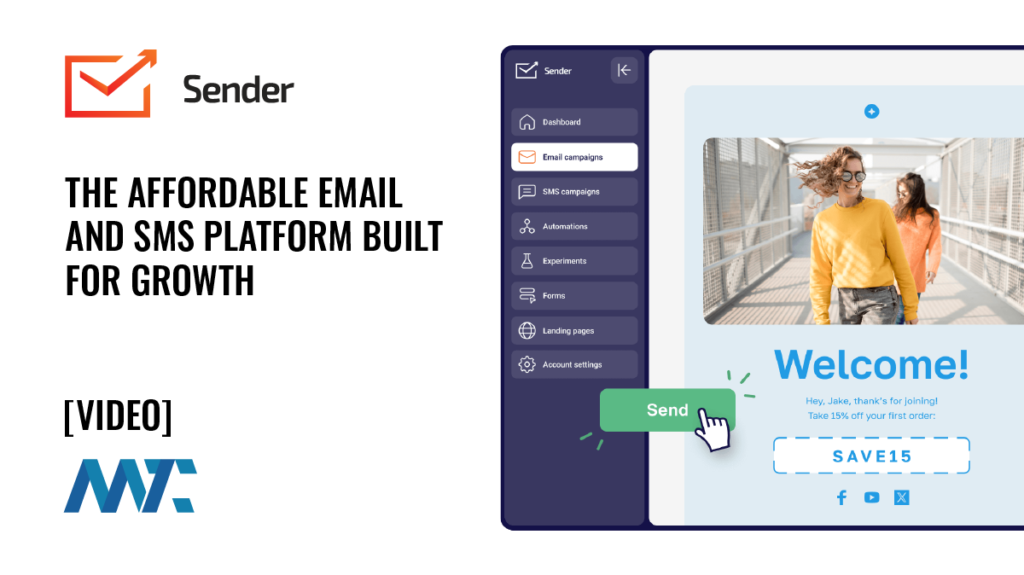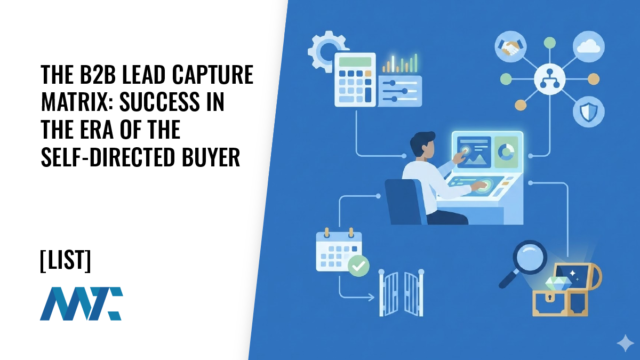What Is a Contract Management System? Its Role, Benefits, and Place in the CLM Ecosystem

A Contract Management System (CMS) is a type of software designed to help organizations organize, track, and manage their contractual agreements. While it often serves as the entry point into more advanced contract lifecycle management (CLM), a CMS can stand alone as a vital tool for businesses that need to store, access, and maintain control over their contract data without fully automating the entire lifecycle.
In today’s regulatory, risk-conscious, and data-driven business climate, the stakes of poor contract visibility or missed obligations are high. Even for small- and medium-sized companies, managing dozens or hundreds of contracts manually—via spreadsheets, email folders, or disconnected systems—can lead to compliance gaps, renewal oversights, and financial exposure. A contract management system offers a centralized, digital solution to these challenges.
The contract management space is experiencing rapid acceleration. As noted in Gartner’s research, contract visibility, risk management, and compliance are top priorities driving adoption of both CMS and CLM systems. What’s changing now is that AI and generative AI are pushing the boundary of what contract systems can do—enabling clause recognition, auto-summarization, and intelligent search that goes far beyond traditional CMS capabilities.
However, for many organizations—particularly SMBs or companies in the early stages of digital transformation—a CMS remains a practical and impactful first step. It solves immediate problems while laying the foundation for more advanced automation and analytics.
What Is a Contract Management System?
At its simplest, a contract management system is software that enables businesses to store, organize, and retrieve contract documents in a centralized repository. Core functionality often includes:
- Digital contract storage: A secure, searchable repository for all contract types—supplier, customer, employment, lease, etc.
- Metadata tagging: The ability to categorize contracts by type, owner, expiration date, counterparty, and more.
- Reminders and alerts: Notifications for upcoming renewals, expirations, or key dates.
- Version control: Basic document management to ensure the latest contract is on file.
- Access control: Permissions to restrict or allow user access to sensitive contracts.
These features address the foundational need for visibility and control over contractual obligations (MSA, SLA, SOW, etc.). However, a CMS typically does not automate the full contract lifecycle (e.g., drafting, approval workflows, redlining, negotiation, obligation tracking, or post-signature analytics). For that, businesses turn to Contract Lifecycle Management systems.
The Broader Role Within CLM
Contract Management Systems are often viewed as a subset of Contract Lifecycle Management (CLM). CLM platforms manage the whole journey of a contract—from request and authoring to negotiation, execution, monitoring, and renewal. In this context, a CMS forms the backbone of any CLM initiative by providing centralized document storage and search functionality.
Many organizations start with a CMS to address immediate issues—such as lost contracts, missed deadlines, or compliance uncertainty—and then evolve toward full CLM adoption as their needs mature. A CMS can, therefore, be a critical first phase in a longer digital transformation journey around contracts.
Why Is a Contract Management System Beneficial?
Even without advanced automation, a CMS can deliver significant operational and strategic advantages:
- Centralization and Accessibility: By consolidating contracts into a digital repository, a CMS eliminates silos and improves accessibility for legal, procurement, finance, and sales teams. Users can quickly find the latest version of an agreement and reference key clauses.
- Risk Reduction and Compliance: Missed renewal deadlines, expired agreements, or non-compliant terms can lead to financial penalties or legal exposure. A CMS helps reduce these risks by enabling visibility and timely alerts around obligations and expirations.
- Operational Efficiency: Manual contract tracking via spreadsheets or email is time-consuming and error-prone. A CMS streamlines administration, reducing dependency on individual team members and eliminating the bottlenecks associated with document retrieval.
- Business Continuity and Audit Readiness: Whether facing a due diligence process, a compliance audit, or a leadership transition, having contracts in a centralized, secure system ensures continuity and accelerates response times.
- Foundational Step Toward Automation: For organizations considering CLM but unsure of where to start, a CMS offers a manageable entry point. It allows for organization-wide contract visibility before layering on automation, approval workflows, or AI.
When Should a Business Implement a CMS?
There’s no universal threshold, but a few indicators often signal that a contract management system is needed:
- You can’t locate contracts quickly or rely on multiple people to dig through folders or inboxes.
- Key contract dates are missed, including renewals, payment milestones, or renegotiation windows.
- Multiple departments manage contracts separately, creating silos and inconsistent processes.
- Audits or regulatory reviews become difficult due to the fragmentation of document storage.
- Legal exposure or revenue leakage is traced back to uncontrolled contract terms.
Whether you manage 100 contracts or 10,000, a CMS becomes critical once the risk or inefficiency of manual oversight starts to impact the business.
Who Are the Key Players in the CMS Space?
Many vendors offer basic contract management capabilities—often as stand-alone solutions or as part of broader CLM or document management systems. Here are a few notable names:
- Agiloft: Positioned more broadly as a CLM solution, but offers scalable solutions that start with contract storage.
- CobbleStone Software: Offers modular functionality for smaller companies starting with a repository.
- ContractSafe: Designed for ease of use, especially for SMBs needing only a searchable repository and alerts.
- DocuSign CLM Essentials: A simplified version of DocuSign’s larger CLM suite that emphasizes repository and workflow basics.
- LinkSquares: Known for its focus on legal teams and strong contract repository features.
- Gatekeeper: Focuses on mid-market contract management, featuring strong compliance and vendor tracking capabilities.
- Ironclad: Positioned more broadly as a CLM solution, but offers scalable solutions that start with contract storage.
In many cases, these platforms offer tiered pricing or modular builds that allow customers to start with core CMS functionality and expand over time. In a world where every agreement carries strategic and financial weight, a contract management system provides the structure and security to ensure that contracts serve—not hinder—business outcomes.
Conclusion
A contract management system is no longer a “nice to have”—it’s a core business tool. It protects the organization from risk, empowers teams with better access to information, and creates a centralized foundation for future contract intelligence. Whether used independently or as part of a broader CLM initiative, a CMS helps ensure that contracts—arguably the most important documents in any organization—are managed with the consistency and care they deserve.







